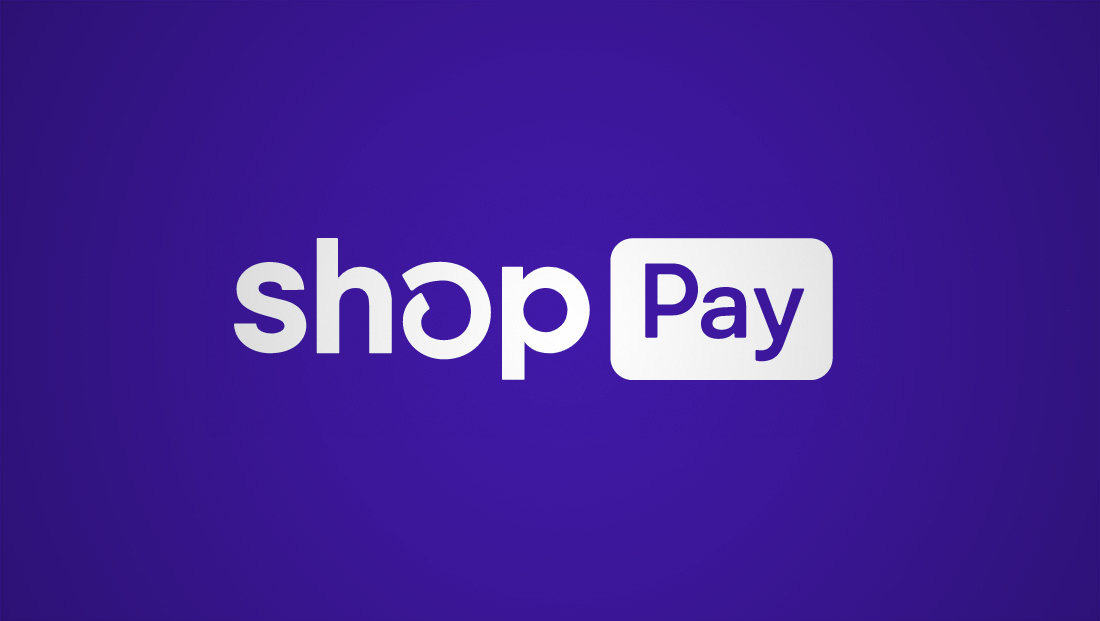Shopify launches Shop Pay installment option
By MixDex Article may include affiliate links

Shopify is partnering with Affirm to offer customers “buy now, pay later” options directly integrated with its Shop Pay offering.
Billed as “Shop Pay Installments,” the new offering is rolling out in a limited release throughout 2021 to U.S. based stores only.
Similar to the separate Affirm payment plans offered separately, the Shop Pay Installments will let customers break up payments into four equal installments with no interest or fees.
Merchants are not subject to any additional fees when customers check out using the installment option and get the full order value upfront.
The offering is also directly integrate into Shop Pay, Shopify’s consumer facing brand that allows buyers to store payment and shipping information in a single location and use it to place orders from compatible Shopify stores.
Not to be confused with Shopify Payments, the B2B offering that offers credit card processing, Shop Pay is considered an accelerated checkout option.
The new Shop Pay Installments option competes directly with services such as Quadpay and Klarna, which offer similar options for customers to break up purchases into smaller payments. These types of services typically take a percentage of the sale as a fee charged to the merchant. This fee sometimes includes credit card processing fees.
Shop Pay Installments will have an advantage in that it will obviously work directly with Shop Pay, which was not even an option for customers looking to pay in installments before, and that the fees appear, at least for now, to be built in.
Installment payment options have been shown to increase conversions and order value and are especially appealing for stores selling high value, pricey products that some customers may not be able to afford paying in full.
Some critics, however, say installment and delayed payment options encourage consumers to buy more than they can afford.
Most charges, including the down payment and subsequent installments are ultimately charged to a debit or credit card, the latter of which can incur high interest rates.

